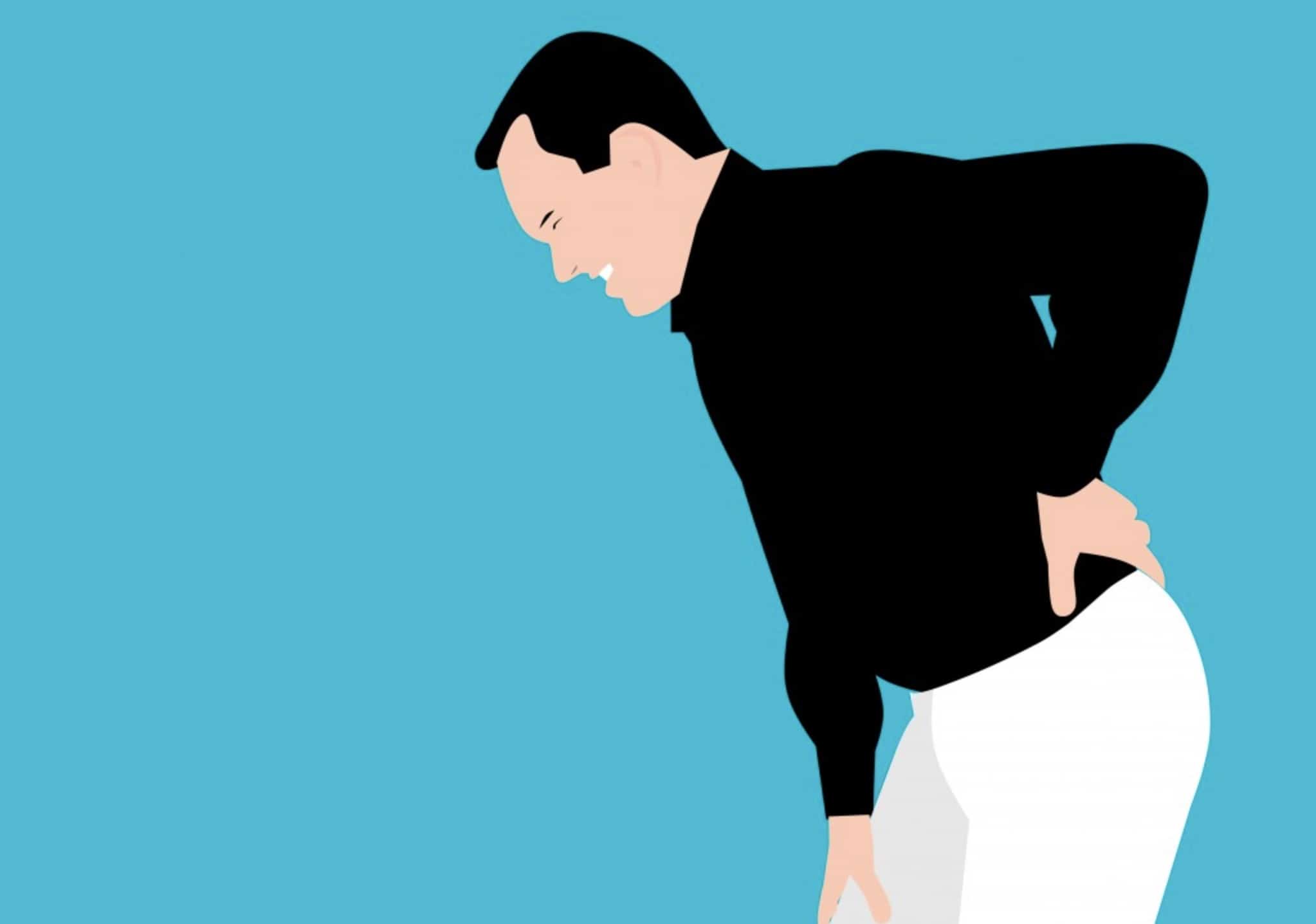Workplace injuries are unfortunately common, and in the wake of the injury, many people move too quickly in an effort to get back to work. The problem is that, when you push your body too quickly, you can actually make the problem worse. If you’re healing from an injury, then, it’s important to follow these four rest and recovery tips as you work to regain your strength.
Chapter Overview
Take Time Off
If you have a major injury, one of the most important things you can do to facilitate the healing process is to embrace complete rest – no work or athletic activities or even puttering around the house. Muscle and joint injuries, in particular, require limited movement to heal, and pushing your body to keep moving can make the problem worse.
In cases of mild injury, such as a muscle strain, you’re likely to be fully healed within a week, whereas more severe injuries may require medical intervention, such as surgical repair. However, many people feel that they cannot take that much time off. If standard services like worker’s compensation coverage would leave you in a tenuous situation, you might consider preemptively consider taking out a short-term disability policy, if you aren’t offered one through your job. These policies will cover a part of your income, helping you weather the time away with greater financial security.
Do Your Physical Therapy
In addition to taking any required time away from your job, it’s important to follow your doctor’s orders during your recovery, whether that means wearing a brace or sling, taking certain medications, or – in many cases – attending physical therapy.
Physical therapy is a valuable tool for retraining your body after an injury and may even teach you new skills that can keep you from reinjuring yourself when you go back to work. It’s not enough just to go to physical therapy, though. You also need to perform your exercises at home so that you can rebuild your strength.
Ask For Accommodations
When you’re finally ready to go back to work, it’s not uncommon to find you can’t do everything your job entailed before your injury, at least not right away. That’s why it’s important to ask for appropriate accommodations or work restrictions so that you don’t reinjure yourself. Your doctor or physical therapist can make recommendations and provide proper documentation to your employer regarding what you can and cannot do based on your injury and recovery.
Don’t Underestimate The Mental Aspect
Suffering an injury at work is obviously difficult from a physical perspective, but it’s important not to underestimate how difficult it can be mentally. You may feel anxious about returning to your job or being injured again, or experience depression about being unable to do the same tasks. Whatever you’re feeling, though, it’s important to pay attention to how you frame your thoughts; avoid catastrophizing and ask yourself whether your perceptions are facts or feelings. Often, our emotions don’t accurately reflect reality, and realizing that is part of emotional recovery.
People are injured at work every day, so if you’ve been hurt on the job, know that you aren’t alone. With patience and treatment, you will heal and be back to work. It’s just a matter of abiding by your body’s timeline, rather than the one in your head.

